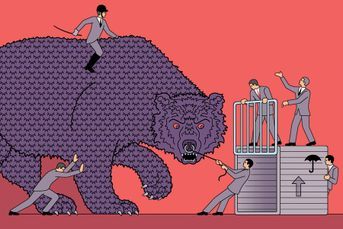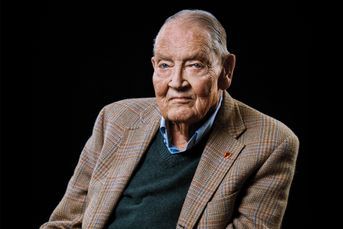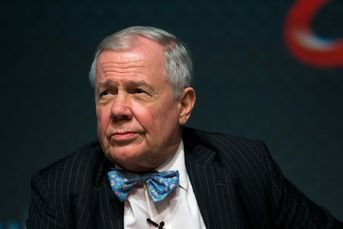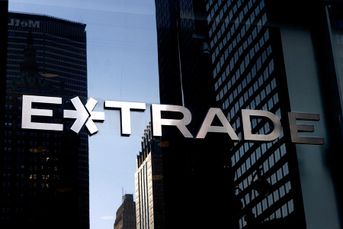Vanguard’s Buckley: Fee compression is coming advisers’ way
Take the time saved by automating chores and devote it to customer-centric tasks, he suggests.
Tim Buckley, Vanguard’s CEO, kicked off Monday’s session at the Inside ETFs conference with cheery news for advisers: 58% of your job is susceptible to automation, and your fees are likely to continue to decline.
But it wasn’t all gloom from Vanguard here at the four-day Inside ETFs conference, which is hosting 2,400 attendees this year, up from 2,200 last year. Attendance has grown along with assets. The ETF industry has $3.3 trillion in assets, according to the Investment Company Institute, up from $2.4 trillion 12 months earlier.
Mr. Buckley noted that the advice business is changing radically, as advisers push investors toward low-cost investment options. In the past decade, Mr. Buckley said, $829 billion has flowed to the lowest-cost equity funds, while $893 billion has fled all other equity funds.
While lower mutual fund and ETF costs have been a boon to investors, advisers should expect similar fee compression in their own business. This will be especially true if, as Vanguard expects, returns from a classic balanced portfolio — 60% stocks, 40% bonds — total 4% to 4.5% the next decade.
“With investment fees coming down, the single highest cost to investors is the advisory fee itself,” Mr. Buckley said. “Technology is allowing competitors to come out with lower-cost advice models.”
In most areas — think Netflix or Facebook — consumers celebrate technological disruption, he said. “But it’s uncomfortable when it comes to us.” Three areas of traditional investment advice — rebalancing portfolios, ensuring tax efficiency and selecting low-cost investments — are easily automated.
The one part that resists automation — and the part that gives the biggest boost to investor returns — is behavioral coaching, Mr. Buckley said. While you can wear a device that reminds you to get more exercise, for example, you can’t get one that tells you not to lend money to your no-good brother-in-law.
Advisers have good cause to fear automation, but they shouldn’t necessarily see it as an existential threat. Automation doesn’t always eliminate jobs, it often just changes them. The tasks that make up a job don’t change: Technology often complements those chores and gives employees more time for other tasks. A chart that took weeks of research to create a decade ago can now be done in a few minutes, for example.
Mr. Buckley suggested that advisers take the time they save from easily automated tasks, such as portfolio rebalancing, and use it for more customer-centric duties: Figuring out the best long-term care alternatives for clients, or how to leave money to two generations of their descendants.
“Custom solutions are very difficult to quantify,” he said. And that’s where advisers can make the biggest difference in the next decade.
Learn more about reprints and licensing for this article.








